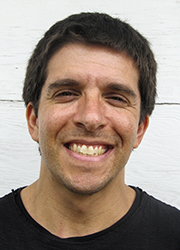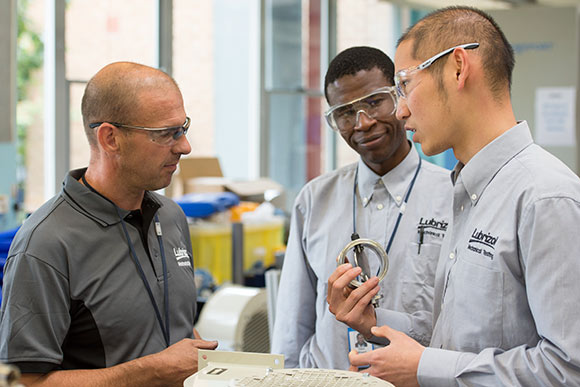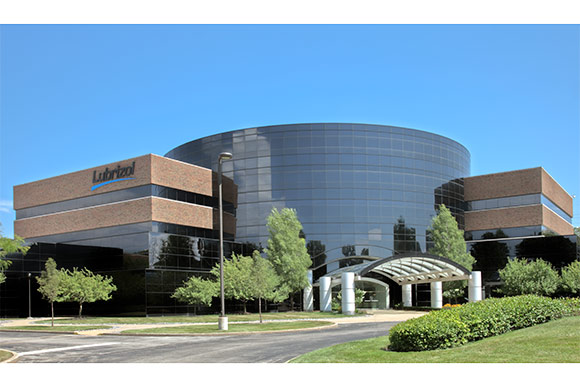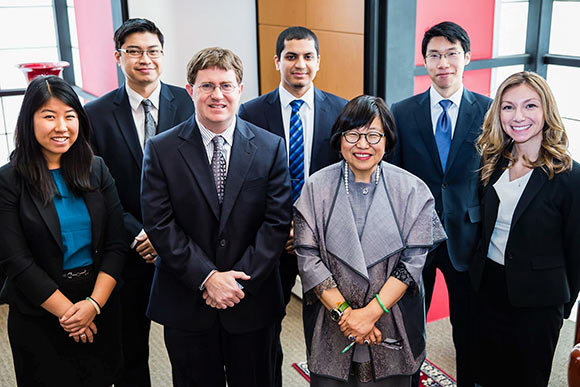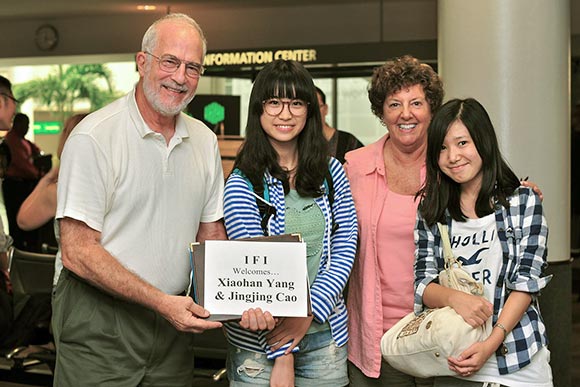Can becoming a 'global employer' expand Cleveland's talent base?
If Northeast Ohio companies want to expand their labor force, they must make a concerted effort to reach outside the nation's borders to find highly-skilled talent, say Global Cleveland officials spearheading an upcoming global employer event.
The talent attraction nonprofit has invited over 100 area companies to the Sept. 9 program, with the aim of sharing best practices related to hiring out-of-market workers, says Jessica Whale, talent connection manager with the organization.
As the first in a series of corporate conversations focusing on deepening the regional skills pool, the program will highlight the value of international students and other work-seeking immigrants looking for a fulfilling career in a new city. Organizers say the venture will give companies a chance to vocalize their issues when it comes to hiring foreign-born applicants.
"It's another way of connecting businesses with global and international talent," says Whale. "We're acting more as a convener than a resource."
Paving a path to employment
Engaging North Coast newcomers with lucrative work opportunities comes with a series of challenges, notes immigration attorney Margaret Wong, whose Cleveland firm has helped thousands of immigrants get their green cards.
For students, the Optional Practical Training (OPT) provision of an F-1 student visa allows undergraduate and graduate participants to work for a year in an area relevant to their major. Employing an OPT student is far less expensive for a business than the thousands of dollars it takes to sponsor someone seeking an H-1B work visa.
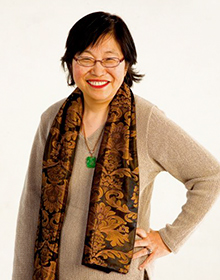 Margaret WongA federally-mandated cap of 65,000 H-1B visas is another major impediment for companies willing to hire foreign workers, says Wong. Though another 20,000 work visas are available to people with a master's degree, the cost of filing each individual H-1B (upwards of $2,600) along with a lengthy paperwork process is often enough to chase many employers away.
Margaret WongA federally-mandated cap of 65,000 H-1B visas is another major impediment for companies willing to hire foreign workers, says Wong. Though another 20,000 work visas are available to people with a master's degree, the cost of filing each individual H-1B (upwards of $2,600) along with a lengthy paperwork process is often enough to chase many employers away.
"Some companies will just have a blanket policy of no H-1Bs at all," Wong says.
American immigration policy makes the path to permanent residency difficult for anyone outside of specialty occupations like doctor, lawyer, medical technician or entrepreneur, Wong says. High-level factory or construction workers, for example, are not considered specialists and hence have a rougher road. Lower-tier technical jobs like engineering technician likely would not qualify either. At the least an individual must have minimum of a bachelor’s degree, or the equivalent of a U.S. bachelor’s degree.
Cleveland must therefore lure foreign students via scholarships, then use groups including Global Cleveland to match young talent with employers like Cleveland Clinic and Parker Hannifin that offer strong diversity components.
Immigrant entrepreneurs should get the same kind of attention, Wong notes, due to their impact on "Main Street businesses," or shops and services that are the economic backbone of neighborhoods across the country. Over 24 percent of Cleveland's grocery stores, restaurants, clothing shops and other Main Street businesses as designated by the Americas Society/Council of the Americas are owned by international citizenry. Losing young talent to more proactive immigrant attracting cities may mean losing entire hardworking families as well, Wong says. Peoples of various cultures will often leave as a unit to keep the family structure together.
"We need to recruit the younger ones before they even think about moving on," says Wong.
Dipping into the knowledge well
And there is talent already here, even if Cleveland's overall in-migration lags behind Columbus and other cities, says Whale of Global Cleveland.
The Cleveland-Elyria-Mentor metropolitan area had 1,790 H-1B high-skilled visa requests in 2010-2011, with 60 percent of H-1B visa-holders working in science, technology, engineering, or mathematics (STEM) occupations, according to the American Immigration Council.
Global Cleveland partner The Lubrizol Corporation is one local company harnessing this knowledge base for its work in the specialty chemical market. With four locations in Northeast Ohio, Lubrizol employs several dozen immigrant employees in a wide range of technical, commercial and functional roles, says David Barlaam, human resource director for global talent acquisition.
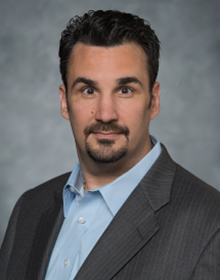 David BarlaamWhile research and development are prime areas for the skill sets held by overseas talent, the technology-driven company also has several new Americans in its leadership ranks. A diverse enrollment is critical for a multinational company with sites in 17 countries, says Barlaam.
David BarlaamWhile research and development are prime areas for the skill sets held by overseas talent, the technology-driven company also has several new Americans in its leadership ranks. A diverse enrollment is critical for a multinational company with sites in 17 countries, says Barlaam.
"We serve a global marketplace," he says. "If we're not representing some of our customers, we're going to be at a disadvantage."
Lubrizol partners with area universities to recruit workers, and connects directly with Case Western Reserve University's engineering program to find its next high-impact player. Though the company enlists domestic talent with the same vigor it does foreign, creating a multicultural work environment has wide-ranging benefits.
"Diversity of thought is an overlooked aspect of diversity," Barlaam says. "This is so valuable when combined with the talented group we already have."
In addition to sponsoring the visa process for overseas workers, Lubrizol offers expatriate assignments, which allows international employees the opportunity to work in the U.S. as well as other parts of the world. .
Company officials are pleased to be represented at the Global Cleveland event, where they will share the same floor with attendees including Cleveland Clinic, OnShift and Vitamix. Ultimately, Lubrizol aims to draw the brightest individuals, says Barlaam. Should those stars derive from overseas, then the company has both the will and resources to acclimate them to a new corporate atmosphere.
"Boiling it down, we're dealing with unique, educated people," Barlaam says. "There's not many people who can do what they do."
Decisions, decisions
Yuhan Mo, 24, found a job at Phillips Healthcare two months after graduating from Case in January 2015 with a master of science in management.
As a supply manager with the technology company, Mo hastens delivery of medical supplies to customers around the globe. While the China-born Mo enjoys the work, he looks forward to more stable employment should his current status as an independent contractor switch to full-time.
Whether or not that future will be in Cleveland is still a question, says Mo, a Mayfield Heights resident. "By the end of the year (Phillips Healthcare) could re-sign me or I can go back to China," he says. "Or I'd move to another city (in the states) if I could get a job."
Mo would not mind remaining in Cleveland, which he's found welcoming from both a personal and professional standpoint. At school, he had friends, professors and volunteers from Christian community organization International Friends (IFI) to help him get acclimated to life here. The day-to-day at work has been made easier by colleagues who helped him with his office communication skills.
Cleveland may not have the technical opportunities of California, where many of Mo's non-native friends are moving, but the region's immigrant-friendly hospital system, along with companies like Phillips, brings steady work for capable folks from outside the nation's boundaries.
"If you want more challenge with a bigger company, Cleveland may not be the answer," says Mo. "But if you want a stable career, this is a good start."
Global Cleveland and its partners in the "global employer" enterprise want the city's dynamic immigrant brainpower to stay right where it is, provided the opportunities are there from an employment and citizenship perspective.
"Not only does this matter to a company's hiring and recruitment metrics, it matters to the regional economy as well," says Whale. "Having global connectivity is important for Cleveland as a city."
